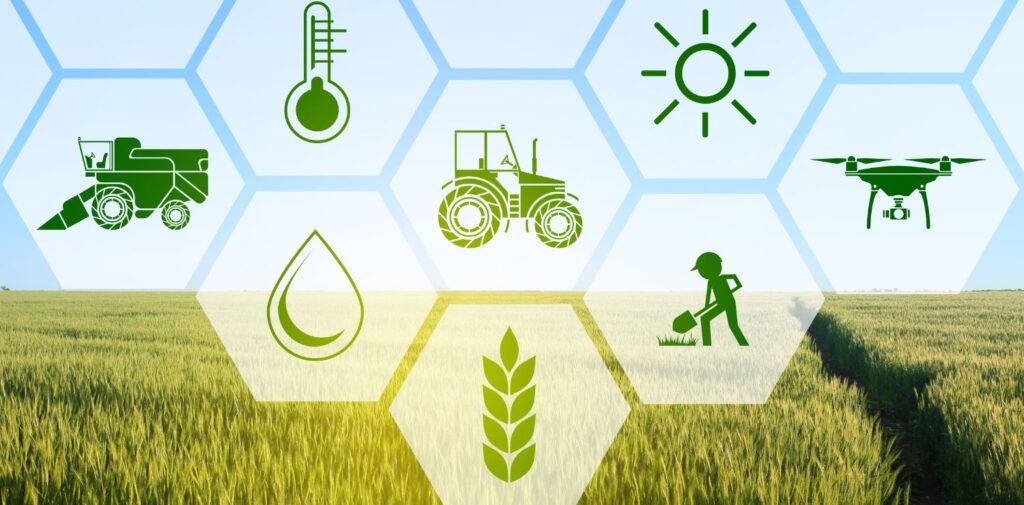India, with its rich history of scientific exploration and technological innovation, has become a key player in the global science and technology landscape. From ancient inventions to modern-day breakthroughs, India’s contributions to science and technology have played a significant role in shaping the world we live in today. Over the years, the country has emerged as a leader in various scientific and technological fields, contributing not only to its own development but also to the advancement of global knowledge and progress. This article explores the role of Indian science and technology in the modern world and highlights the key sectors where India’s impact is most noticeable.
Historical Contributions to Science and Technology
India’s history is filled with remarkable scientific and technological achievements that laid the foundation for modern advancements. In ancient times, Indian scholars made significant contributions in fields such as mathematics, astronomy, medicine, and metallurgy. For example, the concept of zero, one of the most important mathematical inventions, was developed in India. Indian mathematician Aryabhata was also one of the first to propose that the Earth rotates on its axis, centuries before it was widely accepted in the Western world.
In the field of medicine, ancient texts like the Sushruta Samhita offered detailed descriptions of surgical techniques, including plastic surgery, and herbal medicine that were ahead of their time. The knowledge of iron and steel metallurgy, as seen in the creation of the Iron Pillar of Delhi, also stands as a testament to India’s early innovations.
These contributions, though often overlooked, laid the groundwork for the development of modern science and technology in India and beyond.

India’s Space Exploration Achievements
One of the most prominent areas where Indian science and technology have made a global impact is space exploration. The Indian Space Research Organisation (ISRO) has become one of the leading space agencies in the world, known for its cost-effective missions and cutting-edge research. ISRO’s space missions, such as the Chandrayaan missions to the Moon and the Mangalyaan mission to Mars, have earned India a prominent place in the global space community.
In 2014, India made history by becoming the first country to reach Mars on its first attempt with the Mars Orbiter Mission (MOM), a mission that cost a fraction of what other countries spent on similar missions. This achievement not only showcased India’s technological prowess but also its ability to innovate within budget constraints. ISRO’s advancements in satellite technology and communication have also had a significant impact on global communication systems, weather forecasting, and agricultural monitoring.
The recent Chandrayaan-3 mission, which successfully landed a rover on the Moon in 2023, further solidified India’s position as a leader in space exploration. These achievements have inspired many young scientists and engineers in India to pursue careers in space technology, contributing to the country’s future growth in this sector.
Technological Innovations in Healthcare and Medicine
Indian science and technology have also had a transformative effect on global healthcare, particularly in terms of affordable solutions and innovations in medical research. India is known for its strong pharmaceutical industry, which produces a significant portion of the world’s generic medicines. Indian pharmaceutical companies like Dr. Reddy’s Laboratories, Cipla, and Sun Pharma have played a vital role in making essential medicines affordable for millions of people around the world, especially in developing countries.
In addition to pharmaceuticals, India has made strides in medical technology. Indian scientists and engineers have developed affordable medical devices that cater to the needs of the country’s large population and have made these devices available to the global market. For example, India-based Arvind Eye Care developed low-cost eye care solutions, such as cataract surgery procedures and specialized equipment, which have helped treat millions of patients worldwide.
The Aadhaar system, a biometric-based identification system, is another example of technology improving public services and healthcare. With over a billion people enrolled, Aadhaar has helped streamline welfare schemes, ensuring that resources reach the right people and reducing corruption. Additionally, the system has been instrumental in providing access to healthcare, social security benefits, and other essential services to the underserved population.

Growth of Information Technology and Digital Economy
India’s IT sector is one of the most recognized and important contributions to the modern world. The growth of companies like Tata Consultancy Services (TCS), Infosys, and Wipro has positioned India as a global leader in providing IT services, software development, and consulting. These companies have played a vital role in transforming the global IT landscape, providing services to top multinational corporations and businesses worldwide.
India’s tech startups have also contributed significantly to the global digital economy. Bengaluru, often referred to as the “Silicon Valley of India,” is home to numerous tech companies that have disrupted global industries in areas such as e-commerce, fintech, and artificial intelligence. Companies like Flipkart, Ola, Zomato, and Paytm have revolutionized the way people shop, travel, and make payments, not only in India but in several other countries.
The rise of India’s digital economy has been supported by the government’s Digital India initiative, which has focused on improving internet infrastructure and digital literacy across the country. The success of this initiative has created a thriving ecosystem of tech entrepreneurs and innovators, positioning India as a major player in the global digital economy.
Advances in Renewable Energy and Sustainability
As the world faces the challenges of climate change and environmental degradation, India is emerging as a leader in renewable energy innovation. The Indian government has set ambitious goals to increase the country’s renewable energy capacity, particularly in solar and wind power. India is home to some of the largest solar farms in the world, such as the Bhadla Solar Park in Rajasthan, which generates over 2,000 MW of electricity.
Indian companies like ReNew Power and Adani Green Energy are playing a key role in the global transition to cleaner energy, and the country has become one of the largest producers of solar energy. India’s focus on renewable energy not only helps reduce dependence on fossil fuels but also creates new job opportunities in green technologies and sustainable industries.
Moreover, Indian scientists and researchers are actively working on innovative solutions in areas such as energy storage, energy efficiency, and sustainable agriculture. These advancements are crucial for reducing the environmental impact of traditional energy systems and fostering a more sustainable future for the world.

Indian Innovations in Agriculture and Food Security
Agriculture plays a central role in India’s economy, and science and technology are helping revolutionize the sector. Indian agricultural scientists are developing new crop varieties that are more resilient to climate change, pests, and diseases. Innovations in biotechnology and genetic engineering have led to the creation of high-yielding crops that help ensure food security for India’s growing population.
One of the key breakthroughs in Indian agriculture has been the development of drought-resistant crops, which have become essential in regions affected by water scarcity. The Indian Council of Agricultural Research (ICAR) has been instrumental in these advancements, helping farmers increase productivity while conserving water and other resources.
In addition, India is exploring sustainable farming practices through the use of precision agriculture, which involves using technology to optimize crop production and reduce waste. The use of drones, soil sensors, and artificial intelligence is transforming how farming is done in India, making it more efficient and less resource-intensive.
Conclusion: Role of Indian Science and Technology
Indian science and technology have made remarkable contributions to the modern world, from space exploration and healthcare to renewable energy and digital innovation. India’s leadership in these areas has not only helped shape the country’s economic growth but also had a global impact. The country’s scientists, engineers, and entrepreneurs continue to drive innovation, helping solve some of the most pressing challenges facing humanity today.
As India continues to invest in research, education, and infrastructure, the role of Indian science and technology in the global community is likely to grow even further. The country’s ability to blend traditional knowledge with modern technology ensures that its contributions to the world will remain valuable for generations to come. The future of Indian science and technology is bright, and its innovations will continue to influence and shape the modern world.




